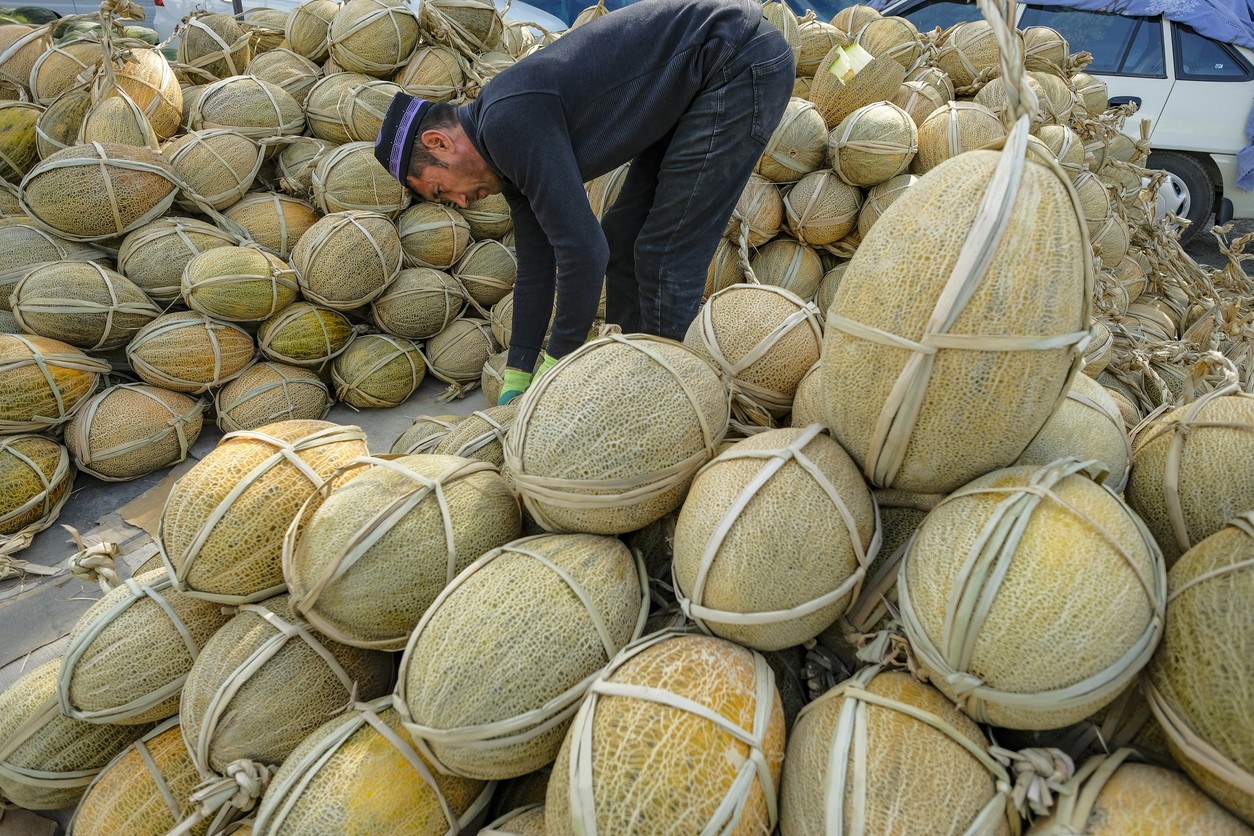Uzbekistan’s cabinet of ministers has introduced ‘recommended’ export prices for 60 types of fruits and vegetables, below which their distribution abroad is now prohibited.
While this move is intended to support exporters, analysts from the agency EastFruit say that it will harm exports, risk long-term cooperation, and that the new measures will not increase tax revenues or improve currency control.
A recent article by EastFruit states: “Notably, these prices are fixed for the produce irrespective of quality, variety, or other differentiating factors, which disregards the inherent diversity within the fruit and vegetable industry. Historical trends indicate that such regulatory decisions are detrimental across the board. They primarily affect producers and small-scale exporters by limiting their market opportunities. This restriction not only diminishes investment appeal in agricultural production but also detracts from Uzbekistan’s attractiveness as a trading partner for major, established importers. The introduction of such direct controls makes the prospect of long-term contractual partnerships exceedingly precarious”.
Uzbek economist Otabek Bakirov described this decision as “another bureaucratic hurdle for exporters”.
“These rules make doing business worse, so the new rules should come into force at least 3 months after they are announced. Or will the Government’s decision prevail over the Law once again?” wrote the economist on his Telegram channel.
Analysts also note that Uzbekistan’s exports have stagnated due to Russia’s ban on importing fruits and vegetables from most countries. Export figures have remained almost unchanged over the past five years, ranging from $700 million to $900 million.
Russia (26.3%), Pakistan (24.2%), Kazakhstan (13%) and China (9.3%) are the main export markets for fruit and vegetable products.









